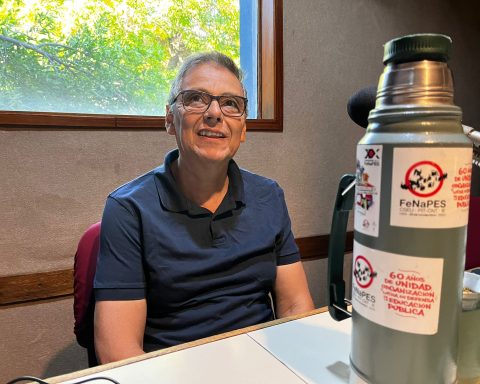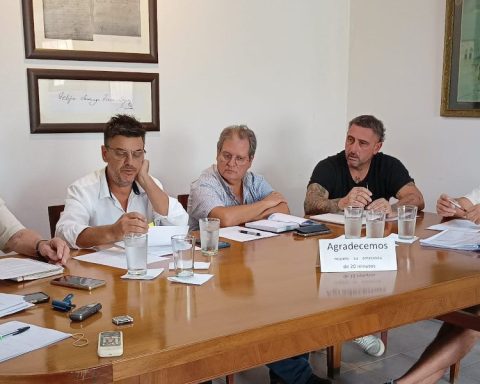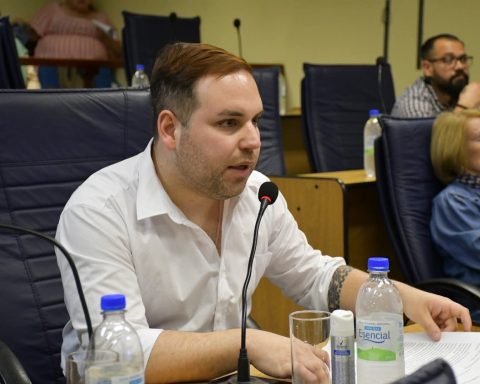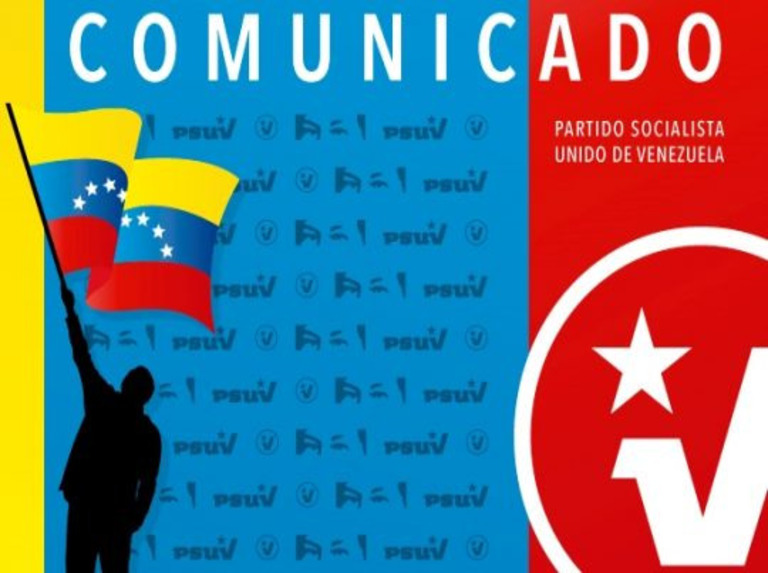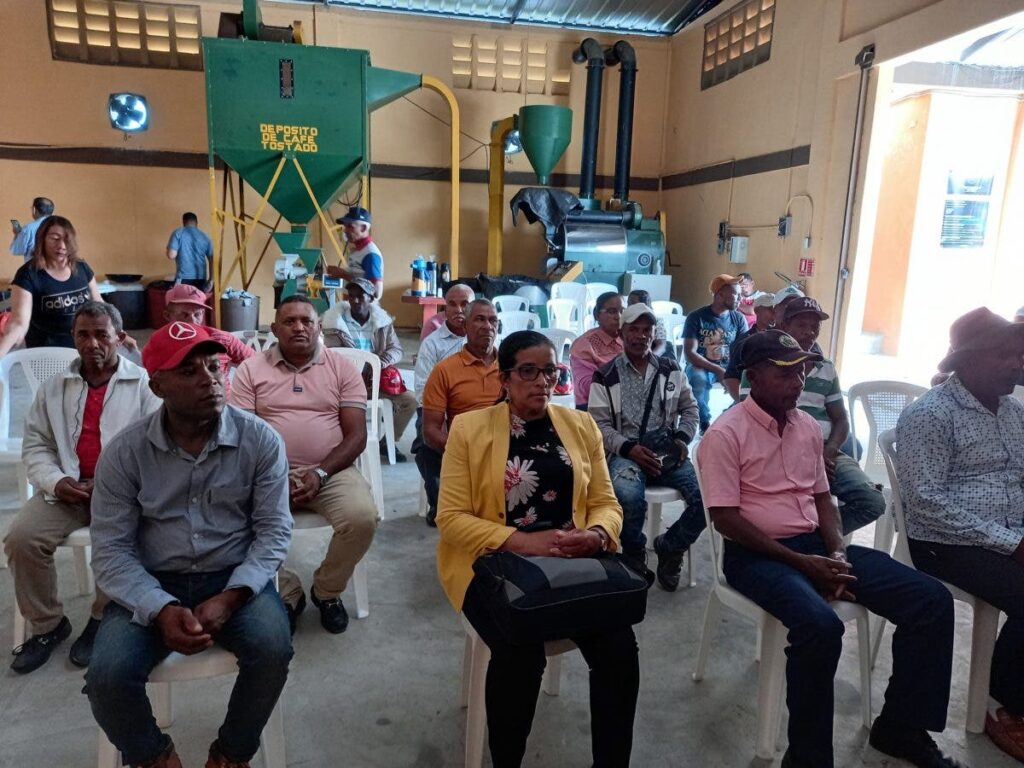
The UN Working Group has carried out an official visit to Uruguay between July 7 and 14, 2022, and has focused its work on “the forced disappearances that began to be carried out during the period 1968-1985 and the corresponding state obligations ”.
Likewise, it has received information related to “disappearances that are currently taking place, particularly among people who belong to especially vulnerable groups (children, adolescents and women)”.
The final report of the official visit of the Working Group will be presented at the 54th session of the United Nations Human Rights Council, in September 2023.
current disappearances
According to the information received, the Group indicates that “there would be categories of the population at greater risk of suffering disappearances.” In this sense, it indicates that “it has observed with concern the modifications made by the Law of Urgent Consideration (LUC) in its article 43, which increases from 2 to 4 hours the period of notice to the Prosecutor’s Office about the arrest; and the allegations of delays in access to legal assistance, an aspect further made difficult by the application of article 21 of the LUC, regarding the power of the police to carry out interrogations autonomously in order to obtain information for the investigation.”
Likewise, the Working Group has received information related to “disappearances of children and adolescents after their stay in state protection centers; as well as the disappearances of women and girls, possibly related to situations of sexual exploitation and trafficking.”
In this sense, the report ensures that “the existence of a climate of stigmatization has been observed, and the absence of preventive measures and search mechanisms and policies specifically aimed at this group of people (such as the Amber Alert and the Alba Protocol) or effective investigations into these cases, which does not rule out a potential forced disappearance in some of these.”
In addition, the Working Group has been informed of the “difficulties faced by the relatives of these people in accessing legal sponsorship and psychosocial support.” In this sense, it underlines the importance of guaranteeing access to free legal sponsorship and of strengthening the Victims and Witnesses Unit of the Office of the Attorney General of the Nation so that it has adequate human, financial and technical resources and duly trained and sensitized personnel.
It urges the State to act with “due diligence in the search for and investigation of these disappearances, including with respect to the possible commission of crimes and the participation of authorities in their commission.”
It recalls the obligation to carry out “public policies that guarantee awareness and permanent training in human rights of military or civilian personnel in charge of the application of the Law.
Period 1968-1985
On the other hand, the Group observed that, to date, in Uruguay “there has been no broad exercise of clarifying and reconstructing the truth regarding the human rights violations perpetrated in the period 1968-1985.
In this regard, it recalls that the full and effective exercise of the right to the truth is essential to prevent such crimes from being repeated in the future.
Regarding the search for disappeared persons, this task is currently guaranteed in Uruguay through Law 19,822 of September 18, 2019, which entrusted the search efforts to the National Institution of Human Rights and Ombudsman. (INDDHH).
However, the Working Group expresses its “concern about the information received about the repeated episodes tending to discredit and publicly question the members of the institution, formulated by political exponents and taken up by some media outlets.”
“These instances can make it difficult for you to perform your duties, including your search tasks,” the report states.
The Working Group considers “unacceptable any attack, threat or intimidation that threatens the personal and professional integrity of its members, and is aimed at questioning the work of searching for disappeared persons and protecting human rights.”
Another aspect regarding the search for disappeared persons is the need to “access files that could contain information on their fate or whereabouts.” However, according to the information obtained during the visit, in Uruguay “there has been no coordinated and systematic effort by the authorities to identify, rescue and learn about the entire universe of existing archives.”
The Working Group assures that it has received information about the complaints filed in 2011 by 28 women who were victims of sexual violence while they were subjected to forced disappearance in clandestine detention centers throughout the country. “The violations were perpetrated in a generalized way against the kidnapped women, and they had remained invisible until the decision to denounce the facts.”
It also states that it has received with great concern information about “the little progress that the case has made, despite the fact that more than 100 perpetrators had initially been identified, and only two of the accused have been prosecuted and sentenced.”
It regrets that, to date, “no follow-up has been given to any of the reparation measures ordered by the Court in the judgment on the Maidanik et al. case, summoning family members and their legal representatives,” and encourages the State to form an inter-institutional table, with the participation of the victims, to expedite the execution of the sentence.
Likewise, the Group regrets that the measures ordered by the Inter-American Court in the case of “Gelman et al. vs. Uruguay”.
Expresses its deep concern about the parliamentary processing of the bill on the substitution of custodial sentences for house arrest for defendants and convicts over 65 years of age, because said legislation would be “contrary to international human rights law, and especially, to the limits imposed on the granting of amnesties, pardons, reduction or benefits in the execution of the sentence, or other similar measures to accused and convicted of serious violations of human rights and international crimes, including forced disappearances ” .
The information it has received about “obstacles within the educational system to the efforts of some teachers to raise awareness among the new generations about the crimes of the dictatorship and other relevant human rights issues, as well as the use of the argument of ‘ secularism’ to limit education on topics that are of universal interest”.
The vandalization of sites of memory is a matter of concern, “aggravated by the fact that these incidents in general have not been investigated, nor have the individuals or groups that have committed them been prosecuted and punished,” says the Working Group. of the United Nations.
Here is the full text:
Preliminary Observations GDTFI Uruguay by Mauricio on Scribd

